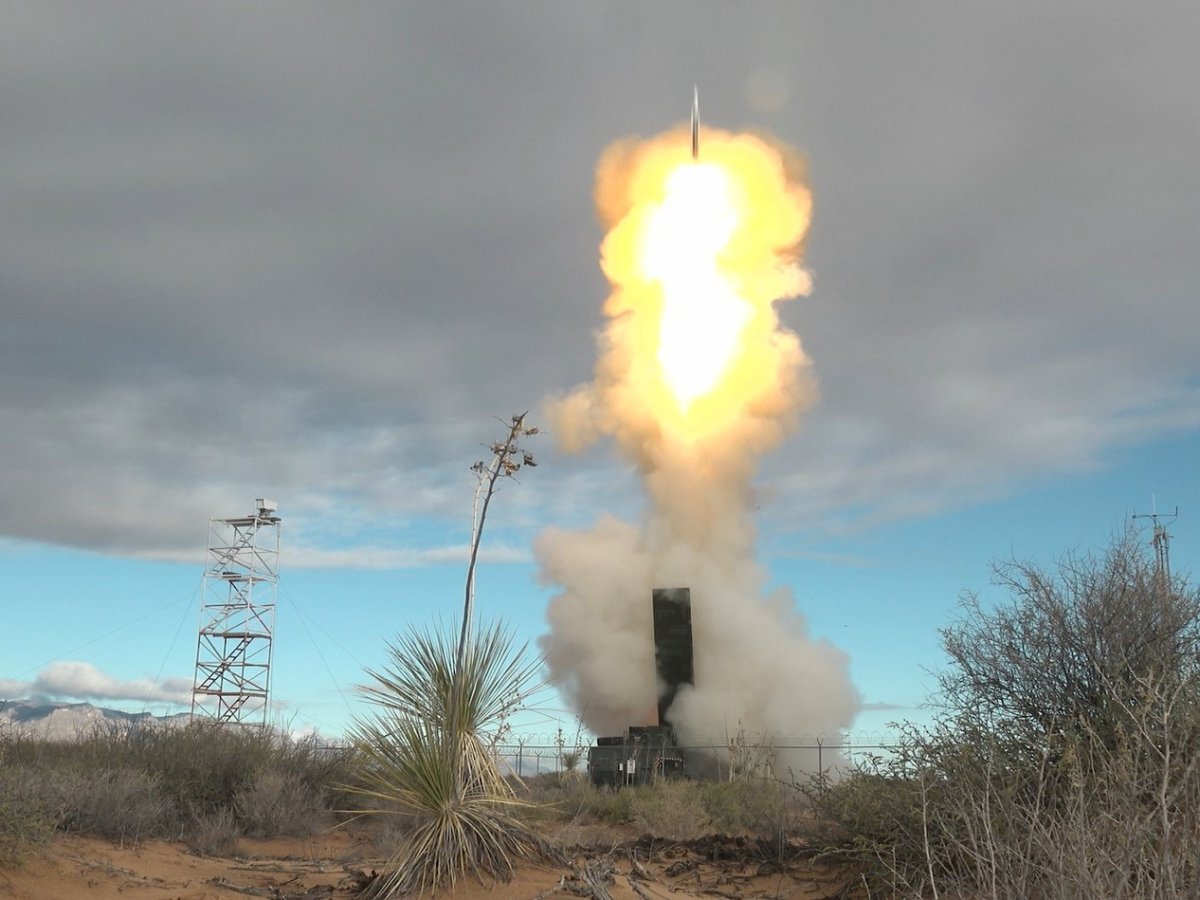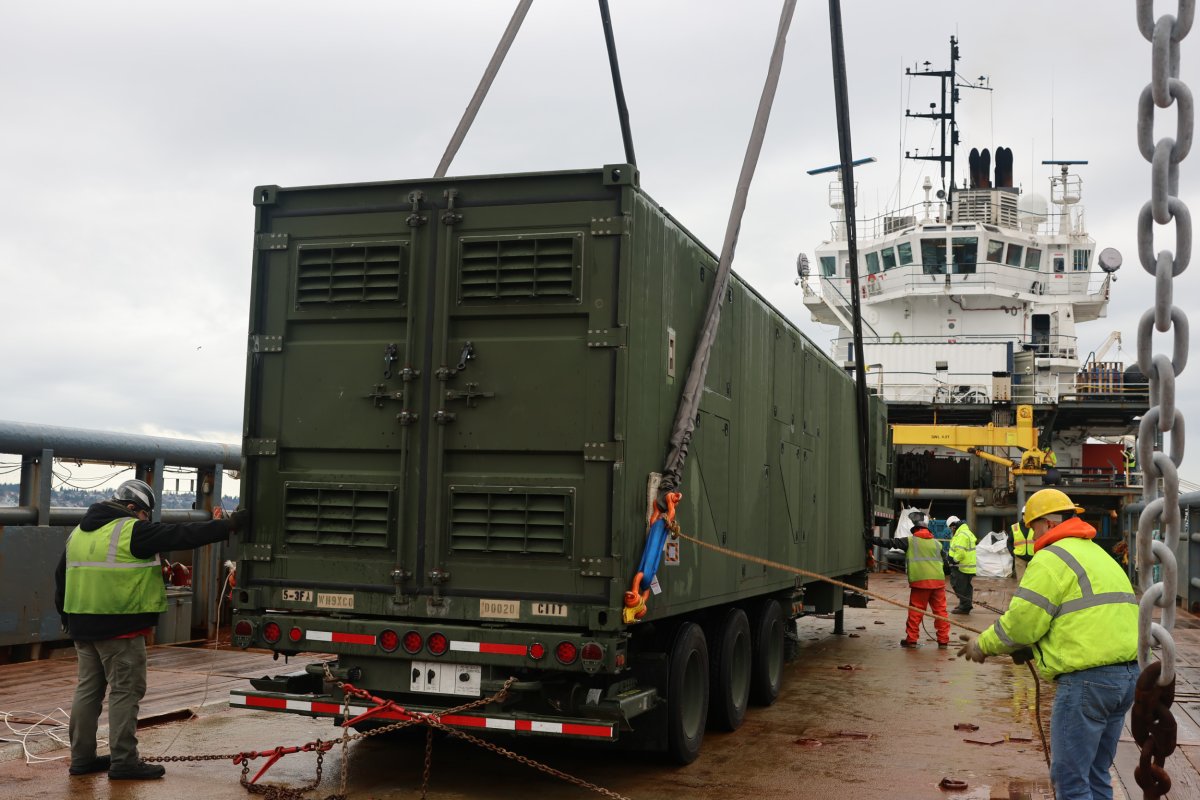US Army missile system on China’s doorstep hits moving target in fire test
A United States medium-range missile system, which is currently deployed in an allied nation near China, validated its capability of striking a moving target in a live-fire test.
The Chinese military did not immediately respond to Newsweek‘s request for comment.
Why It Matters
The Mid-Range Capability (MRC) missile system, also known as Typhon, can fire two types of munitions, the Tomahawk cruise missile and the Standard Missile 6, with respective ranges of 1,000 and 290 miles. The former can hit moving targets at sea and on land, while the latter is capable of executing both anti-air and anti-surface missions, according to manufacturer Raytheon.
In April 2024, the U.S. Army deployed a Typhon launcher to the Philippines for drills, but the allies later decided to keep it in the country indefinitely. China, which has territorial disputes with the Philippines, has repeatedly warned against the deployment of the Typhon system, claiming this could lead to a higher risk of conflicts in the South China Sea.
What To Know
In a press release issued on January 7, the U.S. Army’s 1st Multi-Domain Task Force said the Typhon achieved two major milestones last November, which made a “leap forward” in the lethality and mobility of its land-based offensive capabilities.
During a successful live-fire test conducted at White Sands Missile Range in New Mexico, the Typhon hit a moving surface target. The other milestone was the loading of the missile system onto a chartered vessel during a training event, confirming its capacity for maritime transportation.

Mid-Range Capability Project Office
With regard to the Typhon’s maritime transportability, the training event, which was carried out at the Port of Tacoma in Washington, showcased the U.S. Army’s commitment to adapting its land-based fire capabilities for rapid deployment in coastal and amphibious operations.
When the U.S. Army sent the Typhon to the Philippines last year, the missile system was transported by aircraft. The recent training event was aimed at reducing the risk for potential upcoming deployments via maritime transport, the press release added.

Maj. Ian Sandall/U.S. Army
What People Are Saying
The U.S. Army 1st Multi-Domain Task Force said in a press release on January 7: “As a theater-level unit and joint force enabler, assigned to the Indo-Pacific, the 1MDTF [1st Multi-Domain Task Force] plays a vital role in synchronizing long-range precision fires layered with long-range precision effects to create multiple dilemmas and neutralize adversary anti-access and area denial networks.”
Chinese Defense Ministry spokesperson Zhang Xiaogang said in translated comments provided by the ministry on December 26, 2024: “China firmly opposes the U.S. deployment of MRC missile system in the Philippines. The Philippines attempts to introduce the Typhon MRC missile system to cater to the U.S. It will incite geopolitical confrontation and arms race, and fuel tensions in the region.”
Lt. Col. Ben Blane, commander of the 5th Battalion, 3rd Field Artillery Regiment under the 1st Multi-Domain Task Force, said: “We’re building capability faster and more efficiently while providing increasingly lethal options to support commanders in the Indo-Pacific.”
What Happens Next
It remains to be seen when the Typhon will be deployed to Japan, another American security ally that forms part of the first island chain with the Philippines and Taiwan under a U.S. defense concept that aims to contain the Chinese military in the region.

